The cult drama Supernatural has finally bid adieu to its fans after a superb run of 15 long years. The series started out as a fantasy adventure. and was known for its amazing blend of humor and horror, and for never really taking itself too seriously. The Winchesters took on everything from fairies and ghosts to God himself over the years.
What casual fans might have missed was that underneath the facade of the supernatural, the show also addressed some deeper social, even philosophical subjects. Despite the glaring lack of racial and gender diversity in its cast and the fact that the show never seemed to take itself too seriously, it did allude to some deeper issues during its run.
10 The Bane Of The Globalized Fast-food Chains
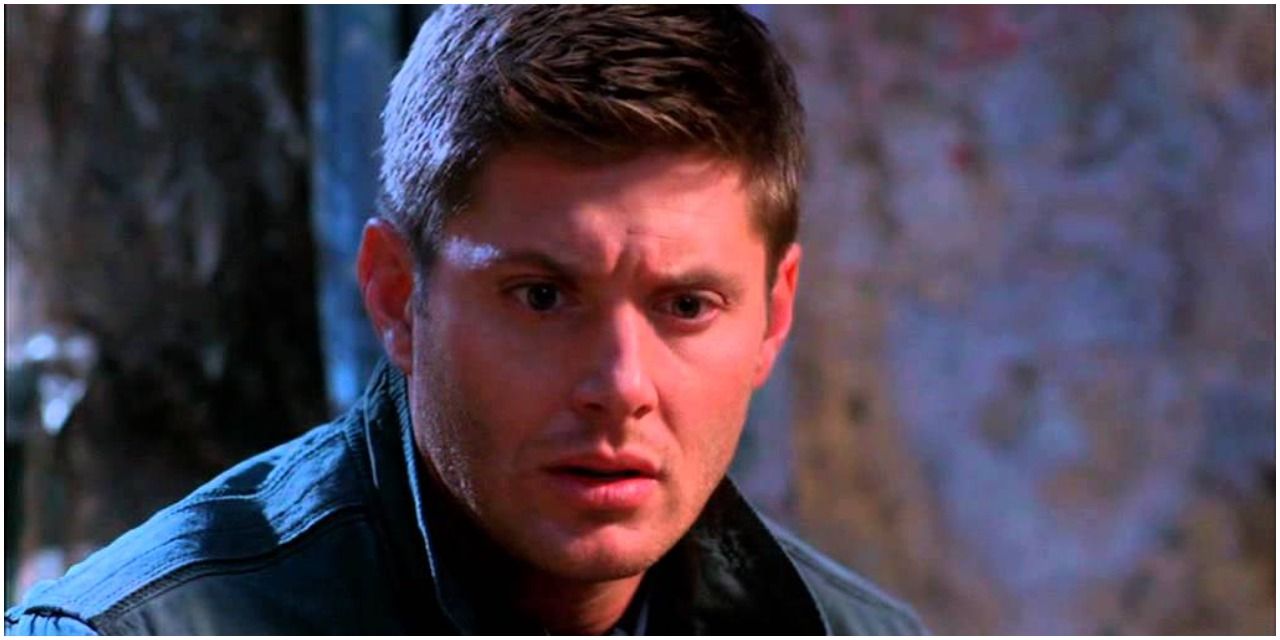
Season 7 of Supernatural saw the Winchesters save the world from the brink of disaster, as they faced the Leviathans, one of the most ancient evils, older than all of God's creations.
The Leviathans, it turned out, had plotted an entire conspiracy to take over humanity. They had purchased one of the biggest global fast-food outlets and were adding some kind of addictive goo into the meat. This meat went into the turducken slammer, an enormous burger filled with a tantalizing host of edible birds which immediately reduced the customers' mental faculties and made them into quintessential couch potatoes. It doesn't take too high IQ to understand that this was an obvious commentary on the harmful impact of fast-foods, with a subtle dig at certain well-known burger outlets that have a global presence.
9 The Celebrity Way Of Life
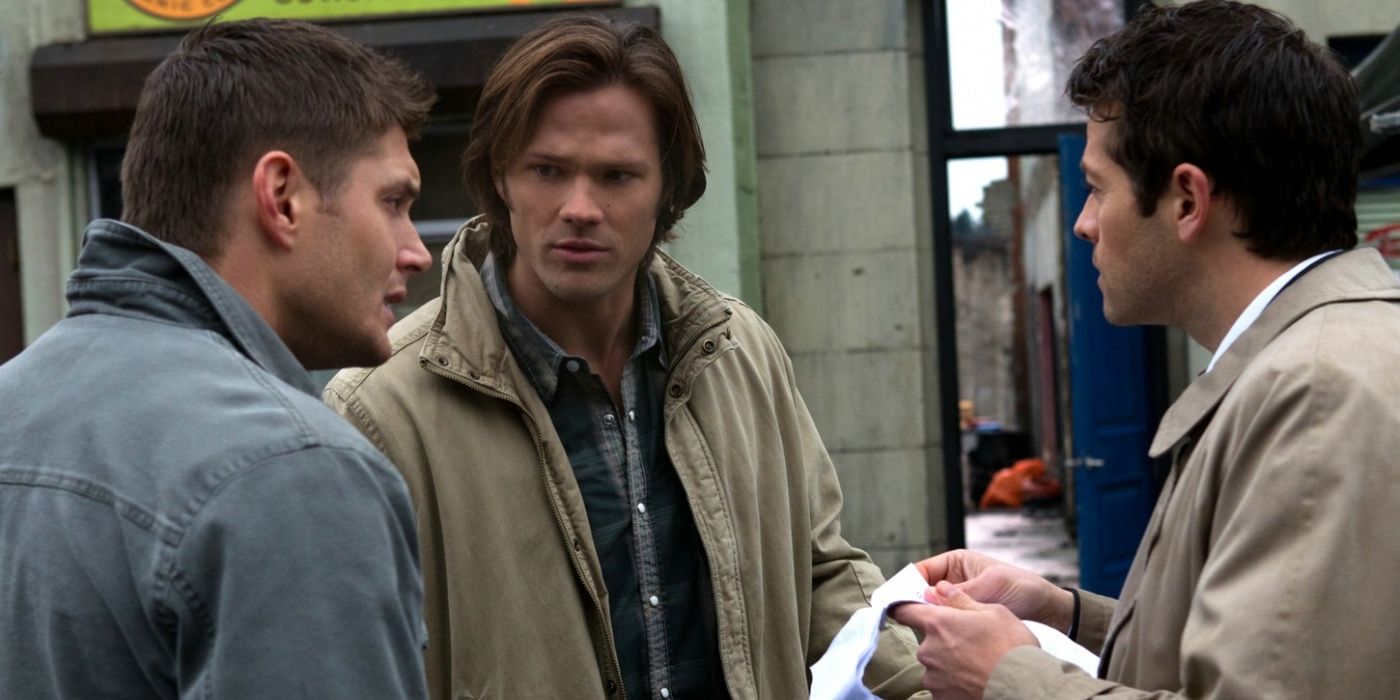
Supernatural was well-known for going meta. In its 6th season, the writers decided to ridicule themselves as well as the series by putting Dean and Sam in an alternate universe where they are the stars of a television show called 'Supernatural', and their real names are Jensen and Jared.
The episode is thoroughly self-deprecating and hysterically funny. The actors make fun of their real selves and constantly comment on the fakeness of it all. The huge mansion that Jared shares with his wife, the 'fake' Ruby, the countless credit cards, the giant aquarium in Dean's make-up van, everything speaks to the privileged lives that movie stars or celebrities are believed to lead. But it's Castiel, or rather Misha Collins in this universe, who takes the cake by tweeting every five minutes, an allusion to celebrities on social media platforms.
8 False Prophets
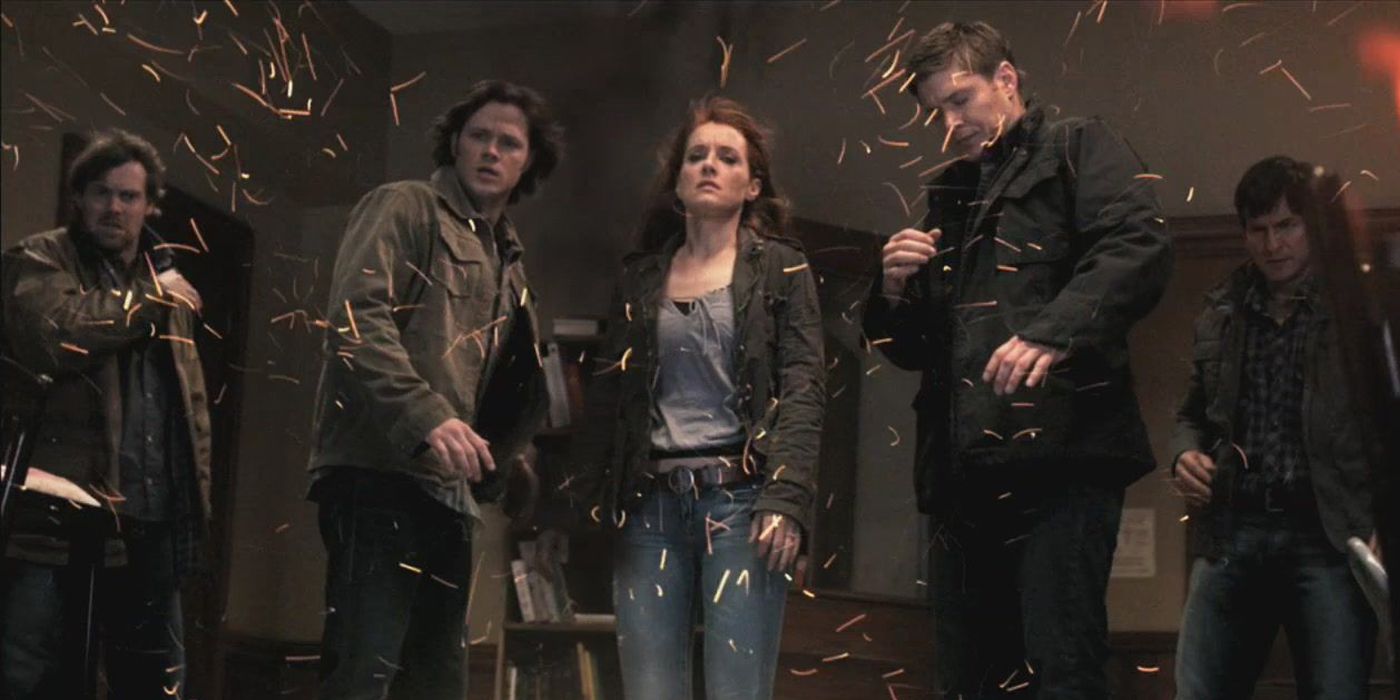
In the episode "99 Problems" in season 5, the series delved into the idea of false prophets, who exploit people's devotion and their fears for their own benefits.
In this episode, the false prophet, whom Cas identifies as the Whore of Babylon, manipulated people in a small town by pretending to have the power to save them from the apocalypse. She would condemn as many people to Hell as possible by declaring them sinners, her purpose is to fill up Hell. The concept of false prophets is extremely relevant as societies all over the world are riddled with manipulative con artists - even if they aren't called 'prophets' per se.
7 The Importance Of Mental Health
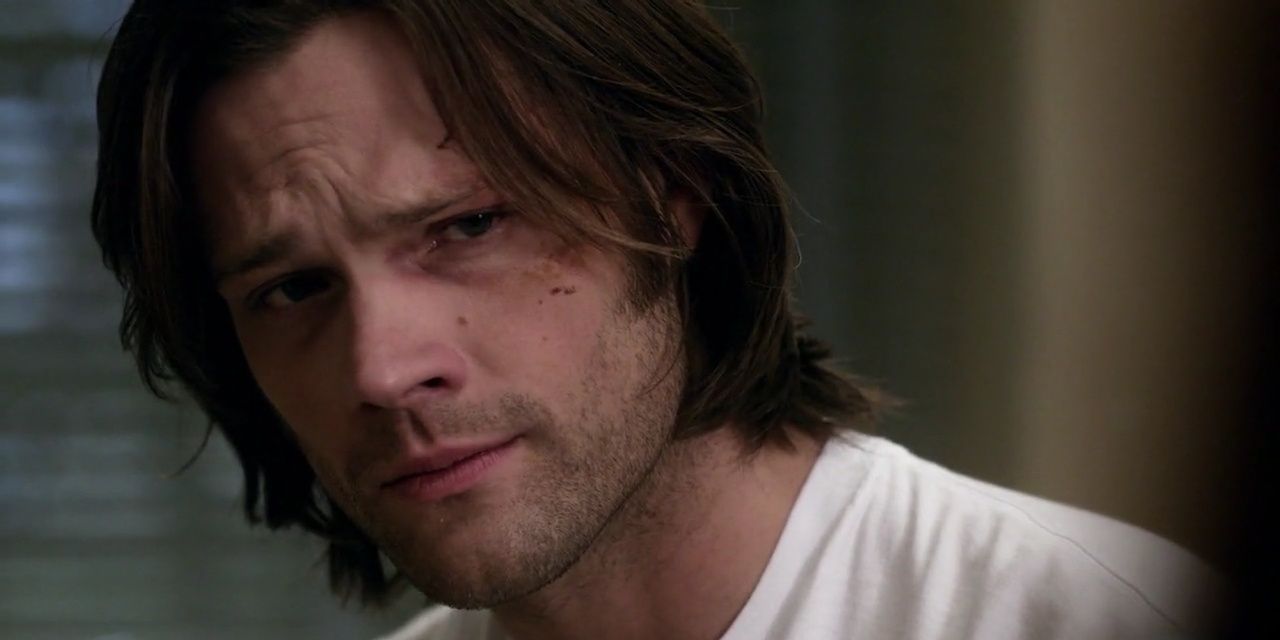
Sam Winchester's struggle with mental health was a very real problem that the show dealt with. Sam started to experience hallucinations after returning from Lucifer's cage in Hell, and worried about his mental health.
Actor Jared Padalecki himself has been vocal about his anxiety and depression, and his character too went through severe trauma as he tried to keep the visions of Lucifer at bay. In a way, this was the show contributing towards the global discourse about a crucial subject like mental health.
6 Power Corrupts & Absolute Power Corrupts Absolutely
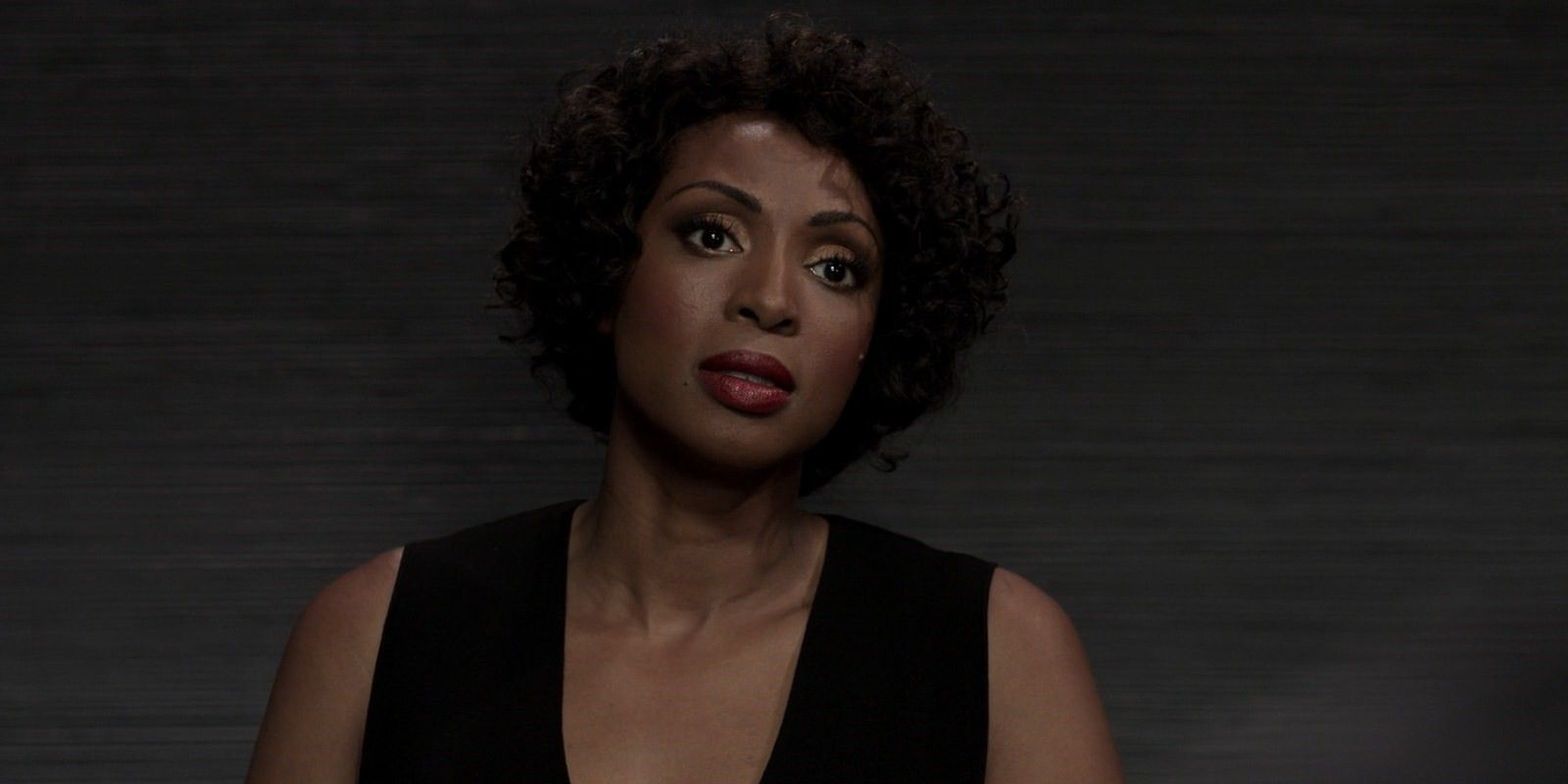
In the final season, God himself was revealed to be the boys' final nemesis. It turned out that absolute power, even if it rested with God, could be dangerous.
Then, during the course of the final season, it transpired that Death, who had been aiding the Winchesters, Cas, and Jack in fighting God, was actually planning to take over from the latter, wielding unimaginable power. This implied that whoever had power usually misused it, which is of course a much deeper social and political conversation.
5
4 The Good-Evil Binary
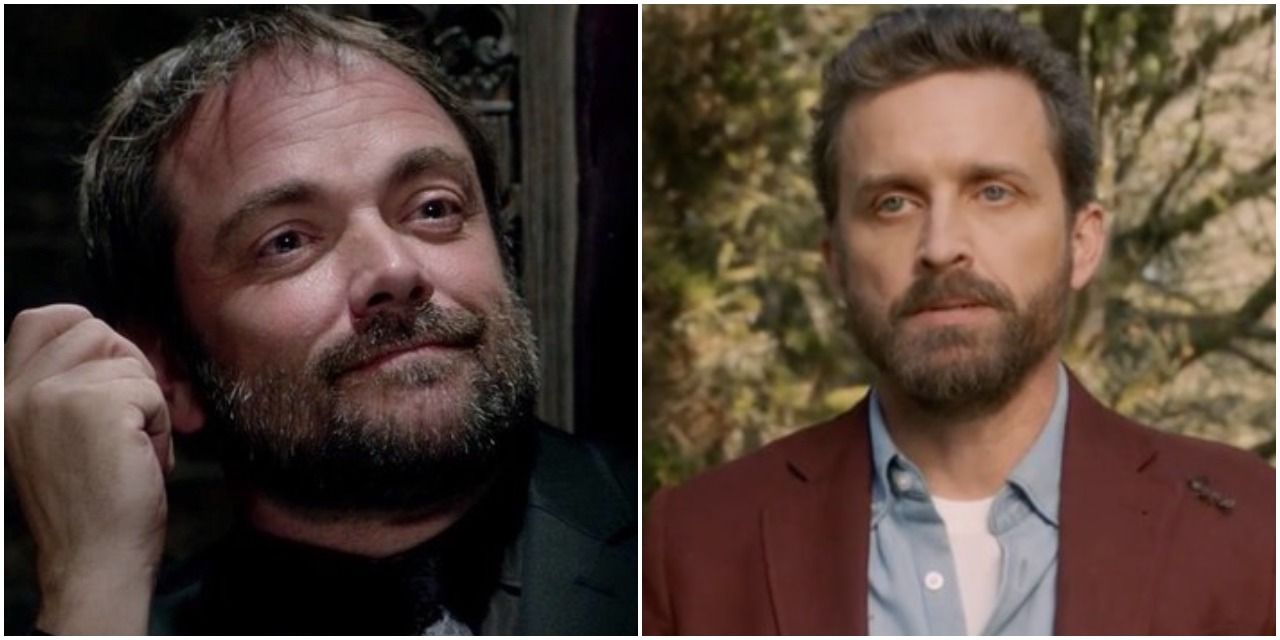
The show has always made a grand commentary on the concept of good and evil. As obviously evil forces such as the witch Rowena, the demon Meg, Crowley, the King of Hell, or the Devil himself, turned allies for the Winchesters, it was proven time and again that good and evil weren't simple airtight binary concepts at all.
In fact, God became the ultimate villain in season 15. This alluded to the idea that not all that glitters is gold; good, evil, black, and white are ideas in a state of flux.
3 Nature Vs Nurture

Another deeply social subject that the show tackled was the eternal concept of nature versus nurture. When Lucifer's son, Jack, was about to be born, his mother Kelly decided that her son didn't have to go down the road of evil. She would bring him up with love and care, and he would be a good person.
Kelly used to speak to Jack in her womb, and she also left a video which he saw afterward. She made sure that Jack had someone like Castiel, an entity that represented pure good, to look out for him. She believed that whatever Jack was meant to be, could be reversed or at least tempered with nurture.
2 Relationships Over Everything Else
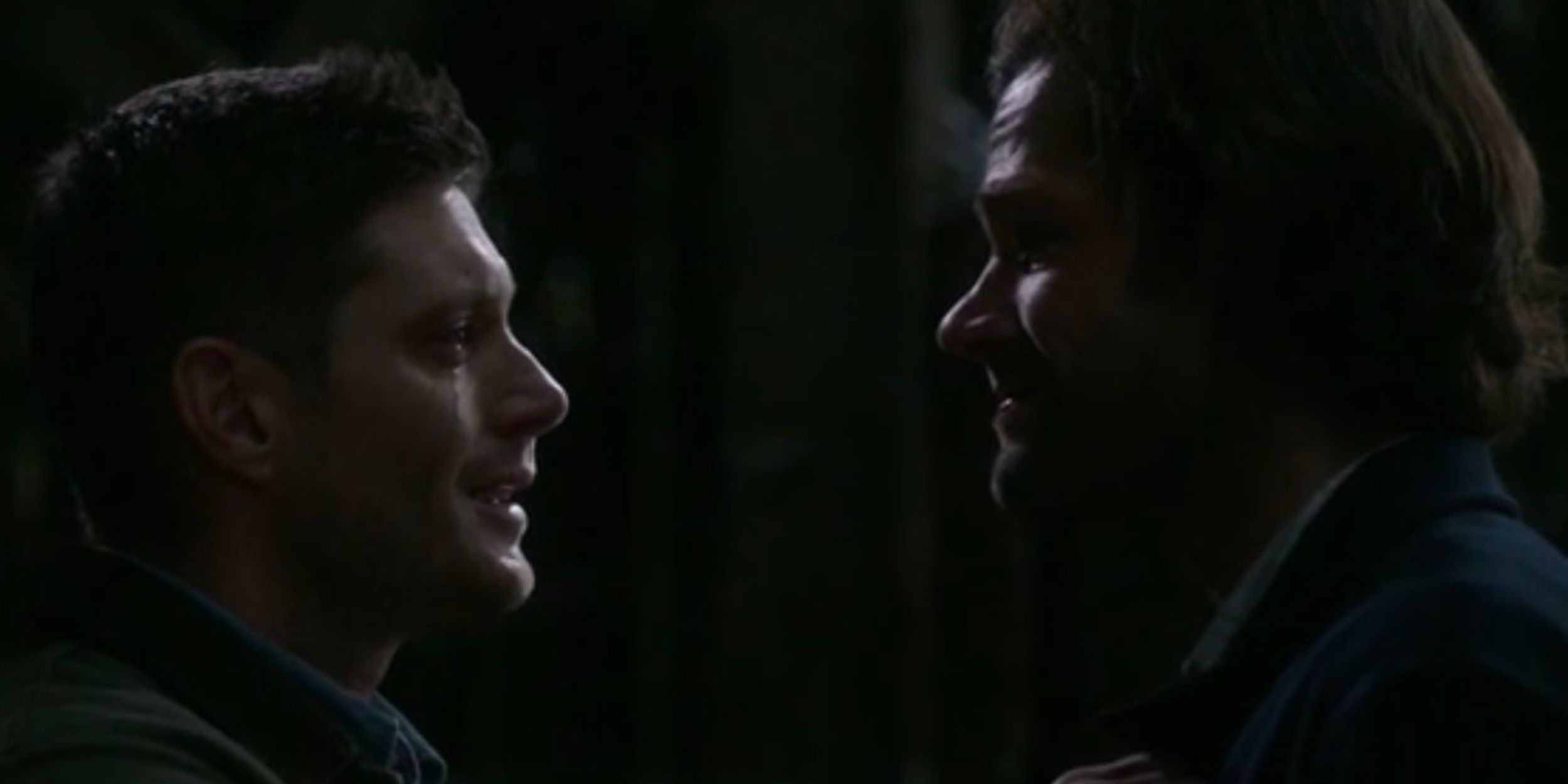
One of the main things the series prided itself in highlighting, was family and relationships. Over everything else, the Winchesters valued family, but more importantly, relationships that mattered. As Bobby Singer's character showed, family didn't always mean blood relations.
The brothers had an almost unhealthy co-dependence on one another, which caused them to bring each other back from the dead multiple times. Moreover, their profound attachment with others like Mary, Castiel, Jack, and Bobby, was the underlining theme for most of the series.
1 There Are Worse Monsters Than, Well, Monsters
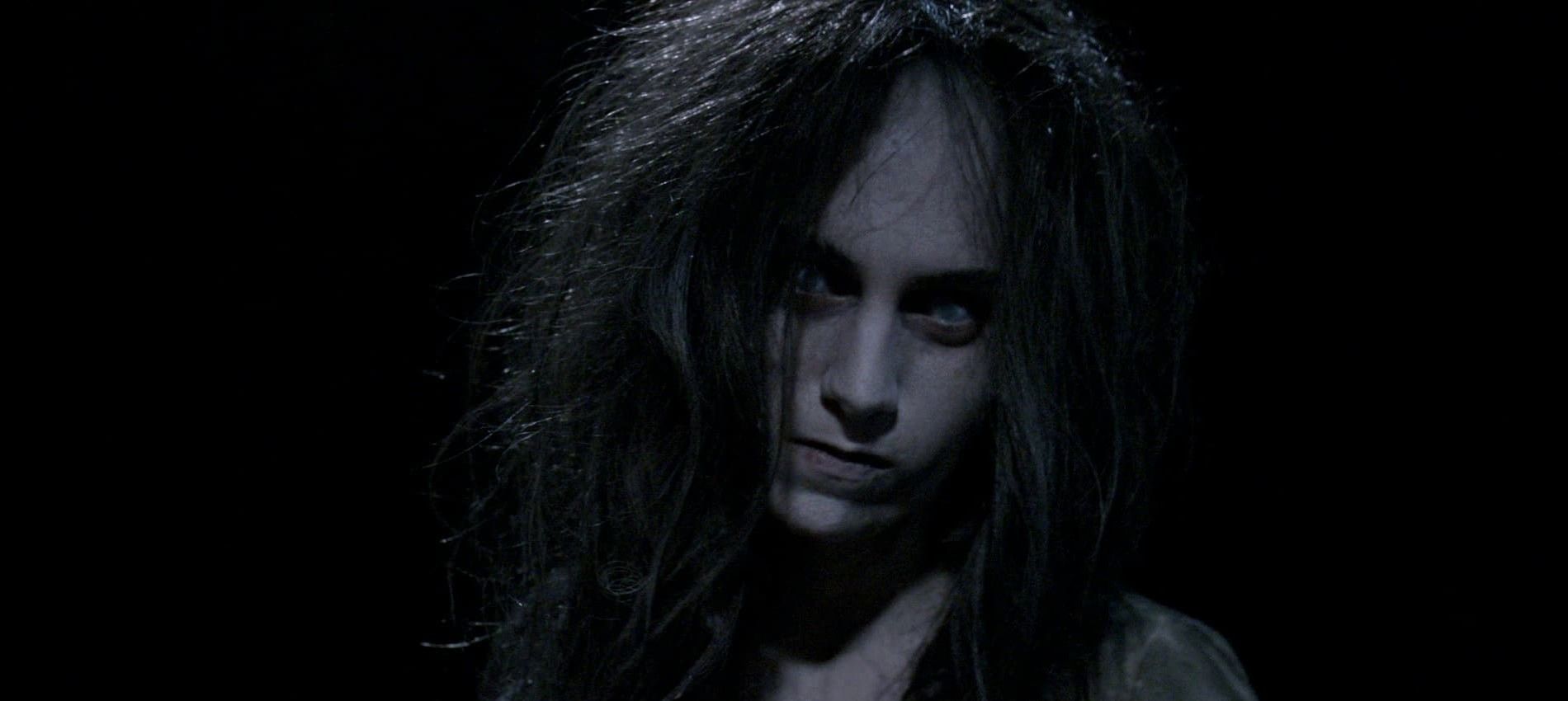
Probably the most significant commentary that the show made over the years was that monsters didn't always appear like monsters at all. They could just as well come in the guise of humans and that made them much more dangerous and horrifying.
In season 1's "The Benders", a sinister family hunted human beings. In "Family Remains", a sick man had raped his own daughter and kept his grandchildren walled inside the room, and in season 13's "Breakdown", human parts were being auctioned online. Each of these episodes tackled the subject of human monstrosity and went on to comment on the various depravities prevalent amongst humans themselves which no vampire, ghost, or werewolf can remotely match.
from ScreenRant - Feed https://ift.tt/3jbGq20

0 Comments